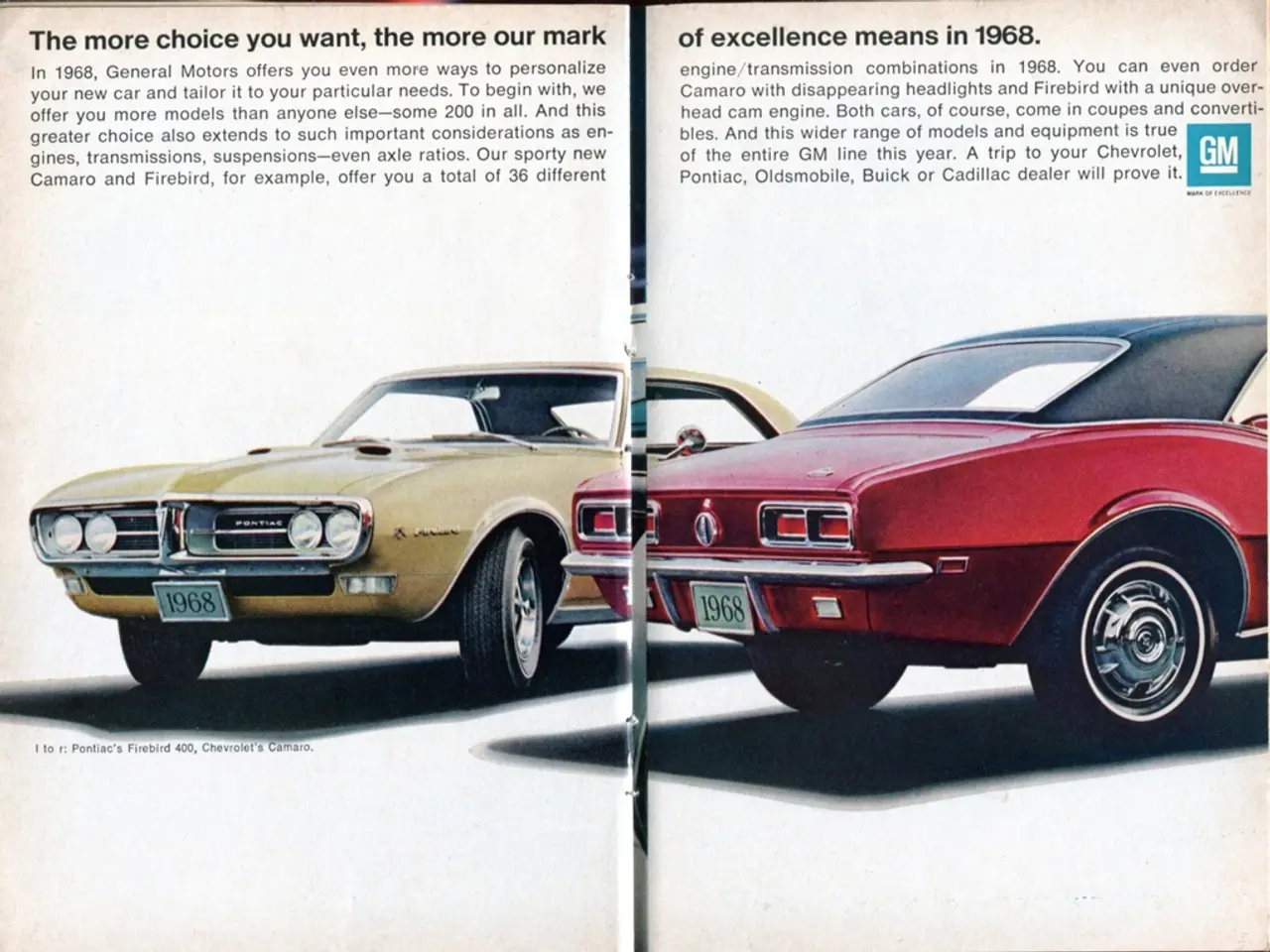EU and China should intensify their engagement with ASEAN in the Regional Comprehensive Economic Partnership (RCEP) to move past tariff disputes and strengthen economic ties, according to Phar Kim Beng.
The Regional Comprehensive Economic Partnership (RCEP) is emerging as a significant force in the global trade landscape, comprising the world's largest trade bloc. Covering nearly a third of global GDP and population, RCEP is a multilateral arrangement aimed at countering isolationism and undermining the rising trend of economic nationalism.
The coalition supporting RCEP includes the ASEAN member states, alongside China, Japan, South Korea, Australia, and New Zealand. The European Union, too, has bilateral free trade agreements with Singapore and Vietnam, both active participants in multilateral trade frameworks related to RCEP. European Commission President Ursula von der Leyen sees value in leveraging RCEP as a stabilizing anchor.
For ASEAN, consolidating its role as the anchor of Asia's trade architecture is crucial to maintain its cohesion and neutrality. Asean's strength lies in neutrality and centrality, creating platforms for dialogue rather than instruments of coercion. Asean must tread carefully to avoid being seen as openly challenging Washington, but it must also resist the temptation to join Europe and China in any overt anti-U.S. tariff front. Asean has no experience with using sanctions or punitive tariffs as tools of statecraft.
The expansion and deepening of RCEP is critical to transform it into a true global counterweight to protectionism. Europe, China, Japan, South Korea, and ASEAN are feeling the pressure of unilateral protectionism, as exemplified by the Trump administration's tariff regime. Economic nationalism, as exemplified by the Trump administration's tariff regime, is undermining the open trading system.
The U.S. president thrives on bilateral confrontations where he can dictate terms. Trump's tariffs may slow individual economies, but they cannot easily overpower a bloc that accounts for a third of global trade. For China, integration, not confrontation, is the most effective way to resist unilateralism. For Europe, seeking alignment with Asia's trade architecture, especially RCEP, is the wiser path forward.
Greater involvement with RCEP offers Europe scale, diversification, and credibility. Europe and Asia can jointly build a post-tariff order: one where scale, openness, and inclusivity render protectionism less effective. Any attempt to decouple the European Union from China would trigger a self-inflicted economic crisis. European Union imports from China account for 21 percent of its total imports.
However, ASEAN must be mindful of its relationship with the United States. A fragmented EU, a divided ASEAN, or a China isolated from its neighbors all play into Trump's hands. Asean must resist the temptation to take sides and instead focus on maintaining its cohesion and neutrality.
In conclusion, the Regional Comprehensive Economic Partnership (RCEP) stands as a beacon of hope in a world grappling with economic nationalism and protectionism. By consolidating its role as a global counterweight to protectionism, RCEP offers a path towards a more open, inclusive, and prosperous future for all its members.
Read also:
- Catastrophe at a U.S. Steel facility in Pennsylvania results in the loss of two lives. crucial details unveiled
- Manipulating Sympathy: Exploiting Victimhood for Personal Gain
- Auto Industry Updates: Geotab, C2A, Deloitte, NOVOSENSE, Soracom, and Panasonic in Focus
- Exploring Money-Making Opportunities in Digital Gaming Worlds




